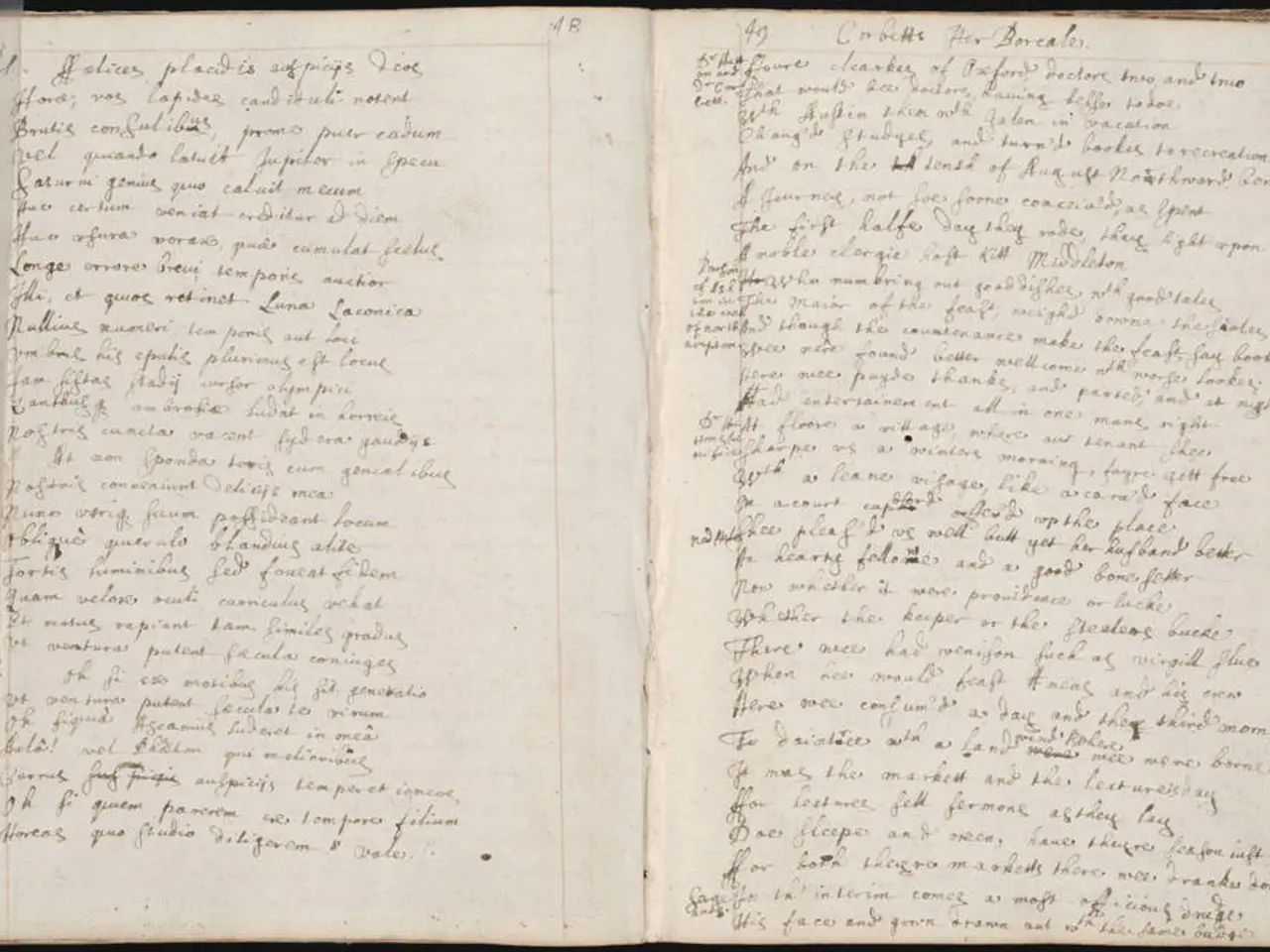Strategies for Excellent Writers
========================================================
In the world of writing, there are no shortcuts to success. However, with dedication, practice, and the right habits, anyone can develop their skills and create compelling stories. Here are some essential tips that can help you on your journey to becoming a great writer.
First and foremost, it's important to remember that having a hobby, such as reading, can help keep you focused and inspired. Reading is not only the keystone of knowledge but also introduces you to various structures of different stories. By immersing yourself in the works of others, you can learn from their techniques and find inspiration for your own writing.
Respect for other people's work is another crucial aspect of being a good writer. Even if you don't love everything you read, it's essential to acknowledge the effort and talent that went into creating it. This respect will help you grow as a writer and improve your own work.
One of the most important habits for becoming a great writer is to focus on writing flow and cohesion. Address one point at a time, build logical arguments, and use transitional phrases to blend paragraphs and sentences smoothly. Varying sentence length and structure will help maintain a natural, engaging rhythm that guides readers through your work.
Another essential habit is to build a daily writing habit. Writing consistently, even if for short periods like five to ten minutes a day, helps keep ideas fresh and skills sharp. Use prompts, writing resources, or community challenges to overcome blank page syndrome. Habit stacking, such as writing right after your morning coffee, helps make writing a natural part of your routine.
Following a proven writing process is also essential for producing clear, effective writing. Research your topic and audience thoroughly, outline key ideas before writing, then draft freely without overthinking. This structured approach helps ensure that your writing is well-organized and easy to understand.
Writing authentically and tapping into emotions is another key aspect of being a great writer. Connecting with your own emotions related to the subject helps create authentic writing that resonates with readers. Journaling or morning pages can help process emotions and improve emotional articulation in your work. Write with confidence by being true to yourself rather than trying to impress others; authenticity engages readers deeply.
Developing strong morning writing habits can also boost productivity and creativity. Set realistic word-count goals to start your day, like 300 to 500 words, and protect your writing time by eliminating distractions and notifications. Morning writing sessions can help you get into the flow of writing and produce your best work.
Finally, it's important to remember that writing because you enjoy it is crucial for creating a great story. Doing your research is important for both fiction and non-fiction writers to make their stories believable. With these tips in mind, you're well on your way to becoming a great writer. Happy writing!
[1] Source [2] Source [3] Source [4] Source [5] Source
Read also:
- "Wireless Equipment Empowerment by RF Venue at Austin's Stone Church" or "RF Venue's Wireless Equipment Powers Austin Stone Church".
- discovery of substantial 'white gold' reserves worth $540 billion beneath California's Salton Sea, potential game-changer for U.S. energy self-sufficiency confirmed by scientists
- Organic Avocado Mattress for sleep: Essential for a Healthy Rest
- Increase in Green Jobs by 48% in India, primarily fueled by Generation Z and secondary cities: Study reveals




